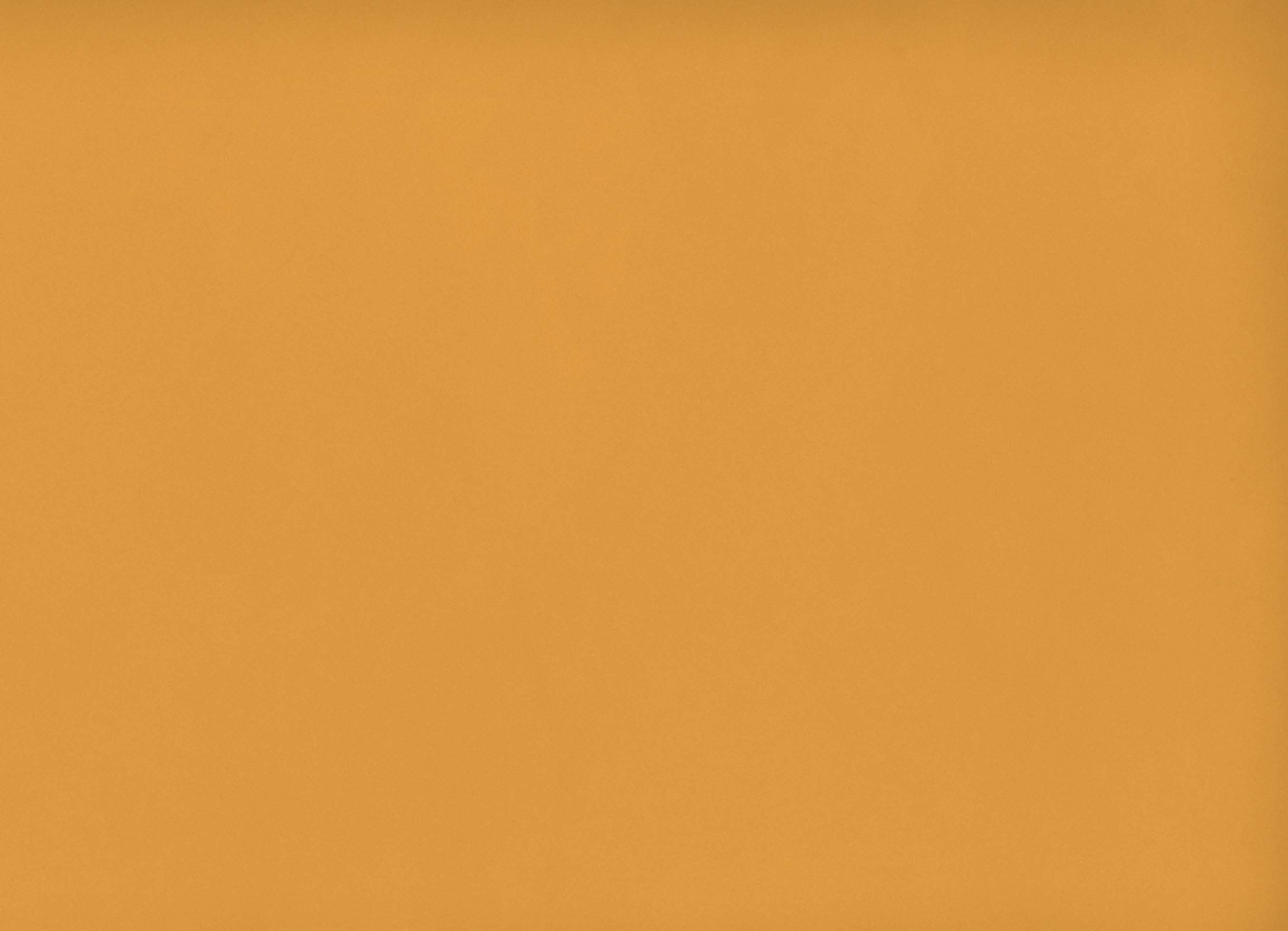
14 minute read
Nitzan Meltzer : In Our Image
from Kiosk 42


Advertisement

in our image



by NITZAN MELTZER
“If you’ll follow me to this carving at the base of the hill, you’ll see a
wonderful example of what we call a palimpsest. You can see the way
the earlier art has eroded, while the more recent additions on top
remain intact. Compare the hunting figure with this stylistic eye.
Which one came later?” I stood back from my tour group as they
argued over the relative ages of the petroglyphs. The mountain
staggered out and above from where we stood, and offered no shade,
and even the December sun shone like a moving knife against the
polished rock patina. Damp necks craned towards the tiny carvings,
thousands of years old, that marked Har Karkom as one of the most
important and most overlooked archaeological sites of Israel.
I searched my mind for the next part of my script, which I repeated
daily as a tour guide for the Cultural Preservation Centre. A boy
who had strayed from the group pointed to another carving on
a boulder nearby. “What’s this one doing?” He indicated a figure with curls sprung upright
and arms outstretched. I hesitated.
“He is praying,” I said, referencing the illustrious Emmanuel Anati, one
of the only scholars to speculate about this mountain in recent history.
For lack of dissenting opinion, his was the interpretation that all the
tour guides had to go with. But this mountain was different from the
rest of the ruins in the Holy Land. It was the one place where I was sure
religion was only an afterthought; it sat scattered with practical flint
working sites and old bones. The boy’s face wrinkled in doubt and I
sighed. The sun signaled that the tour was over, and I sat in a nearby
tent while my group loaded their bus back to modern civilization.

Sam entered the tent with water and I began prodding him once more to give me a ride east.
he asked. “There’s a perfectly good zoo I could have driven us to without even leaving Tel Aviv.”
Sam was not interested in my pursuit.
“What do you want with those bird monsters?”

“I have good memories about the ostriches.”
“If I remember correctly, the story goes that your dad was in a hurry at the time, and that one of
the ostriches tried to poke your eyeball through the fence. Here’s the bottom line Keren,”—I
am always so impressed when people have figured out their bottom line—“if I give you a ride to
Kibbutz Gal-On, you’re treating me to that fantastic South African restaurant they have there.”
That night, there was a torrential downpour. Most of the Negev never sees more than 50 millimeters of rain in a year, but for two hours that night the rain fell, and 22 millimeters filled the desert’s southern-rolling depressions and threatened the thinly constructed drainage systems of the roadways just outside our site. By the time we rose to leave the next morning, the sun was shining again, and the desert appeared as if it had tried on tropical and, embarrassed, decided it wasn’t its style. Only small streams of mud were visible. But after about an hour on Route 90 we encountered an impasse. Water had begun collect in the small, inefficient channels and drains of the desert, quickly overflowing into a depression about 30 meters wide on the road. Some more adventurous drivers had gotten their cars lodged in the makeshift sand swamp. Ahead of us the traffic was backed up and redirected off the road and to the north. I sighed and sank away from the sunlight mocking me through the window.

“I thought this was supposed to be a desert! If I had known, we would have taken the ark.” Sam laughed and relished the veer onto sandy terrain.
“The smaller problems always indicate a larger issue.” I listened as two
women lounged in sweats near their kiosk at a Bedouin market. We had
spent hours following the same group of cars through the sand, and
had finally stopped at this market too far north.
“Ask those two. They look like they know what they’re talking about.”
Sam smiled at me, and I raised an eyebrow. The sun was just becoming
unbearable, but the women languished in lawn chairs as though they
had been ignoring their wares since time immemorial.
“It’s always about that horrible goatee that he never trims they’re in
public, but you can see for yourself the strain in her smile when she
reprimands him… Don’t you imagine that at home in their bedroom
it finally becomes about him not listening to a word she says?”
Sam gave a smile and a shrug, as if embarrassed for his gender. “Of course she’ll never tell us the truth about the two of them, though.
Always asking broad questions about the situation or social justice or
Africa. Like if we have enough of these conversations suddenly we’ll
come up with the answer that we’ve been searching for all along.”
“Even if we do, she’ll still have to kiss that broom when she gets home
at night, so what have we really accomplished?”
The women sensed me hovering and looked at me without emotion.
I felt compelled to justify my presence.
“Do you know the way to Kibbutz Gal-On from here by any chance?”
I asked.
“Gal-On…”
“Where now?”
“Are you sure that’s what it’s called?”
“I’d be surprised if there was such a place.”
a re you sure that’s what it’s called?

I ’ d be s ur pri se d if there w a s such a place.
It was, in a way, a surprise when it was first founded. The little
commune had been erected overnight in the late thirties, in the days
when the British agreed to overlook any building that took place in
the dark and bewildered European refugees tentatively spread out
into the wasteland before them. My grandparents had been among
the original builders of Gal-On, and had lived until recently within its
large green gates. In their home, impractical tact and old fashioned
European manners still informed movement and conversation. Despite
the secular lifestyle of the Kibbutz movements, compassion had an
almost religious importance, and as a child, I saw only the harmony
between the nature surrounding the community and my grandparents’
nurturing and not the harsh contrast between traditional refinement
and desert dirt.

We had been driven so far astray that Sam suggested we stay with a friend in a nearby town for the night. By late afternoon we pulled into a small place with dirty stucco and a perpetual haze of smoke. The residents were mostly former students back physically, if not mentally, from a summer of revelry in Thailand or India. That night we watched the evening news and Sam began to ferment on the couch. He became roused and belligerent from the first headline, his copper cheeks reddening and his fingers suddenly spindly as they flailed between challenges to the anchor, our host, and finally the neighbors mimicking him audibly from their porch. I cringed as he approached the din, from which I could hear political arguments and violent sexual propositions. His friend dragged him away before the brunt of the brawl, and as we walked back to the car a few minutes later I asked him, like a disappointed mother, why he couldn’t state his opinions quietly and in the form of suggestion. “We don’t suggest. We argue.” From behind us one of the women tossed a glass salt shaker, which shattered on the ground at our feet. Sam was sullen for the first time since we had set out. We slept in the truck bed, under sharp, ice desert stars.
“There’s no such a thing, sweetie.” The graying gas station attendant assured me with the air of an eminent scholar that Kibbutz Gal-On was about as real as Oz, even as his colleague beckoned those nearby for a second, third, and fourth opinion. Stern looking women began approaching. I was already sorry I asked and craned my neck in search of Sam, who had abandoned me for false idols at the counter inside. He leaned on an elbow and they tossed back masses of black curls, stoic, unfazed. “In any case, no roads from here will take you directly.” One woman
clutched her child and gazed out at the vast expanse of desert and for a brief moment there was something sentimental in her expression.

“Of c o ur se t here i s . or at le ast an ol d cl assmate . ” I sw e a r I h av e a c o u sin there,
Her emotion evaporated, and each woman reasserted herself with
“ W h o a s k e d f o r a n A to B ? ”
I honked the horn with chutzpah. My patience, my composure was chafing between the oppressive heat and the abrasive people. Sam didn’t look up from his perch at the counter. I was drained of subtlety at this point, and exited the car, heading towards him. He could sense the impending wrath and backed away from the women apologetically even as he recited his number. He turned me on my heals, wary of the embarrassment I was intent on inflicting, and led me out of the station with both hands on my shoulders like a father leading a stubborn child. We passed through the Kibbutz gate when the sun was at its peak, and after Sam parked he waved awkwardly and headed for the restaurant, which stood out with its bright blue awning and mosaic tiled tables lining its front. He walked inside, and disappeared down the length of a mahogany bar. We had parked in the neighborhood, and I knew that the farm was on the other side of the settlement, probably almost a kilometer away. There were no street signs, just rows of white stucco and orange terra cotta and bright, flowering bushes between dirt paths. Familiarity clutched at my stomach and lingered at the house at the end of the first row, where my grandparents used to live. It had been handed over to a different family of the Kibbutz by now. Nothing belonged to any one family or person in this little socialist paradise, but I still felt the draw of the patio, the urge to turn the silver handle of the heavy oak door. The time I had spent there was certainly mine, and I hadn’t felt such possession of the present since. I walked past it, my senses attuned to every nuance of this strange moment in which my second home officially became something else, a memory usurped. I turned back towards the restaurant, suddenly conscious of and averse to the fact that this would be the first time I had walked
these paths alone.
m y se n se s at t u ne d t o e ver y n u a nce of t hi s s tr a nge m o me n t i n w hic h my sec ond home offici a ll y bec a me I wa l k e d pa st it, s o m e t h i n g e l s e ,
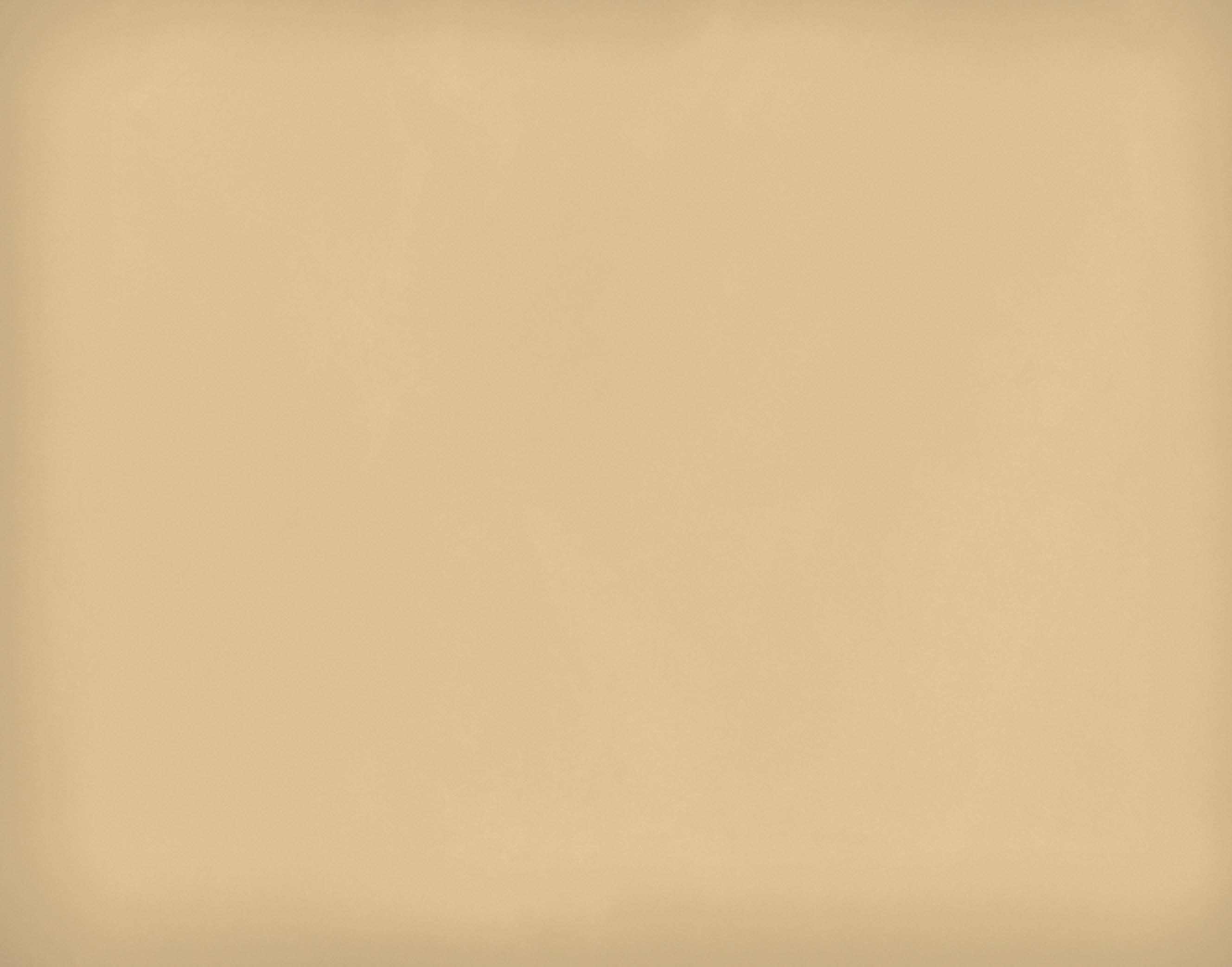
a me m or y usur pe d .
“Sam,” I leaned on the restaurant door frame, inhaling spices and adjusting my eyes to the dim light of shade.
“Done already? I was sure next time I saw you you’d have feathers in your hair and your clothes would be in shreds.”
“You’re coming with me. Please?”
He suddenly leaned back from his drink, his expression evincing childlike disbelief. “What would you like, beautiful?” She gathered her shoulder length curls
ineffectively behind her neck, and I saw Sam watch as they fell back
onto her collar bones. She smiled like she knew.
“Actually, I’m just here for the ostrich farm for now…Come on Sam,
take it to go?”
Her expression faltered, and genuine disappointment grazed her brow.
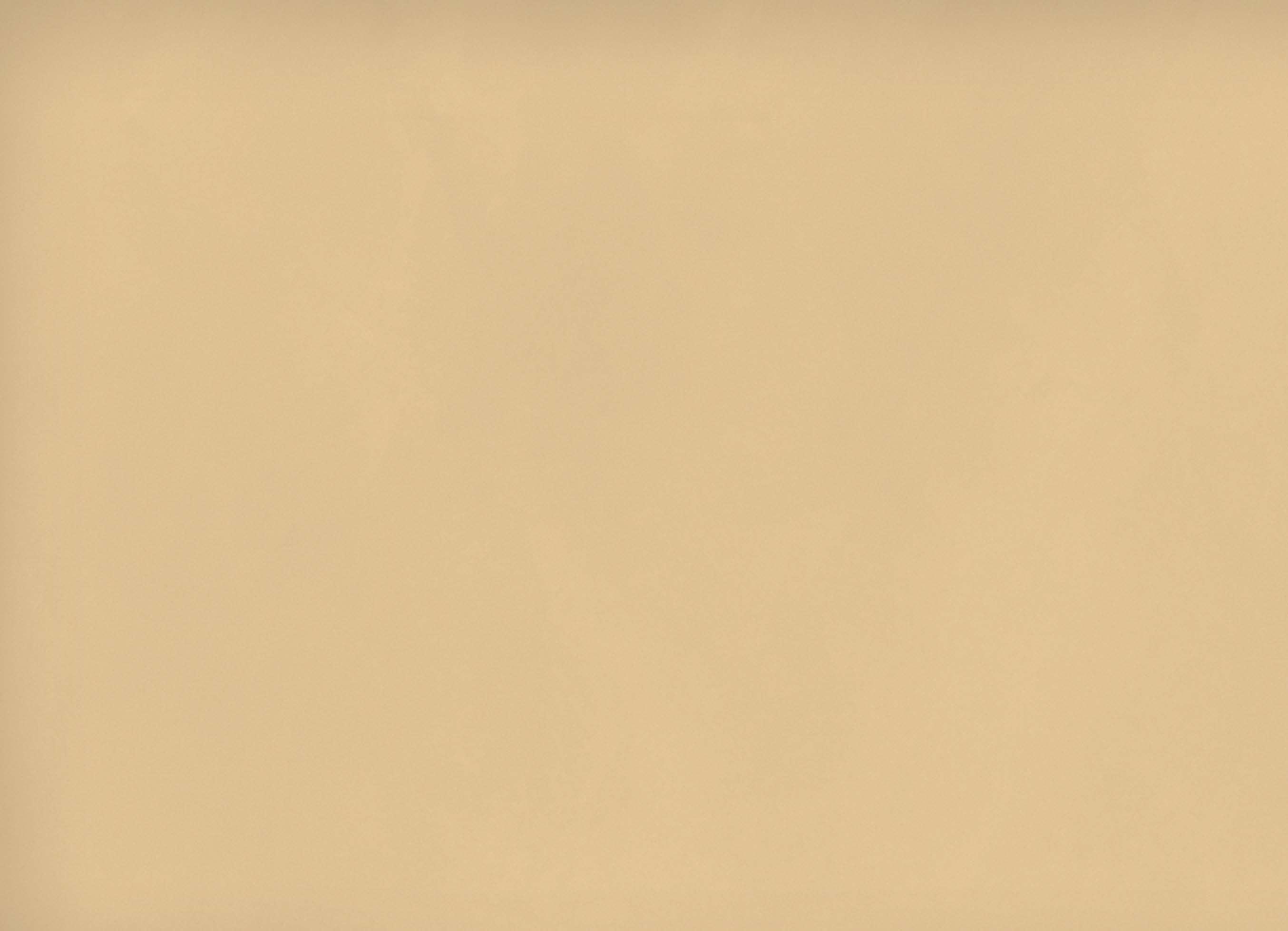
“Oh, dear… they closed it years ago.”
“Wh-what? I did my part. Go on, go before they start assigning us a room and adding our names to the task lists.”
A woman walked in from the beaded curtain of the kitchen with a steaming plate of curry. Her hips were wrapped in a brightly patterned scarf and seemed to move independent of the plate that sailed on her outstretched hand. She set it before Sam, looking at me. Sam looked up, as if wary of my reaction. I pressed my lips together,
mentally reconfiguring.
“But come and sit!” She slammed a glass next to Sam. “We can recreate
the ostrich farm right here with our memories!” She danced behind the
counter and poured me coffee. Sam pulled out the chair beside him.
“Tell me. What is this trip to the ostrich farm all about? Studying wildlife? Creating art?”
“It is a case study,” Sam grinned. “Of the tendency between humans who have an affinity for
ostriches to mimic their behaviors. This reserved one here, for example, is fond of sticking her
head in the sand.”

She pl ace d a t h o ug h tf ul h a n d on her hi p and sw u ng a l a d le . “ I ’ l l t e l l yo u s o m e t hin g : I h av e n e v e r s e e n a n o s t ric h ac t ua l ly p u t h e r h e a d in the sand.”
In fact, most of the ostriches I knew were quite ready to face reality, and usually craned their
necks for a better view of the situation… Such majestic creatures. From them, I have learned the
secret to elegance despite an awkward physique, and the difference that a full set of eyelashes
can make. I love their refusal to conform. No, they will not be flying, not today, not ever. Yes, they
will be tasting your hair.”
I loved her immediately.
Hours later, Sam dozed in the truck and the sun slanted inward and “Don’t you feel lonely for people who understand you?”
inflamed her gold jewelry as she leaned toward me, her arms folded on
the countertop. She had listened attentively to me as I told her about
Har Karkom. About my trip here. About not finding any explanation for
why I wanted to come or any explanation for not finding my way back
here since my childhood. About only finding words for disagreeing
with Anati, always only finding words I couldn’t say. And how I wished
I spoke freely, but not the way I seemed to always be spoken to. She
began to tell me about the stifling, gossip filled life of the kibbutz, and
how she considered every disapproving stare a sign that she was doing
something right.
“I have a secret: I never listen to the women here. Or the men, for that
matter. Most people will only offer you morbid diagnoses, misguided
theories, and bad recipes. In any case, I sort of like being an outsider.” “Anyone can understand me if I say what I mean.” She inched forward
and looked at me, and I felt plain beside her. “How many words have
you ever said that expressed exactly what you meant? I mean small,
intimate words. You can mean everything about the world, the crises.
But I mean about yourself. About what you need, like a child.”
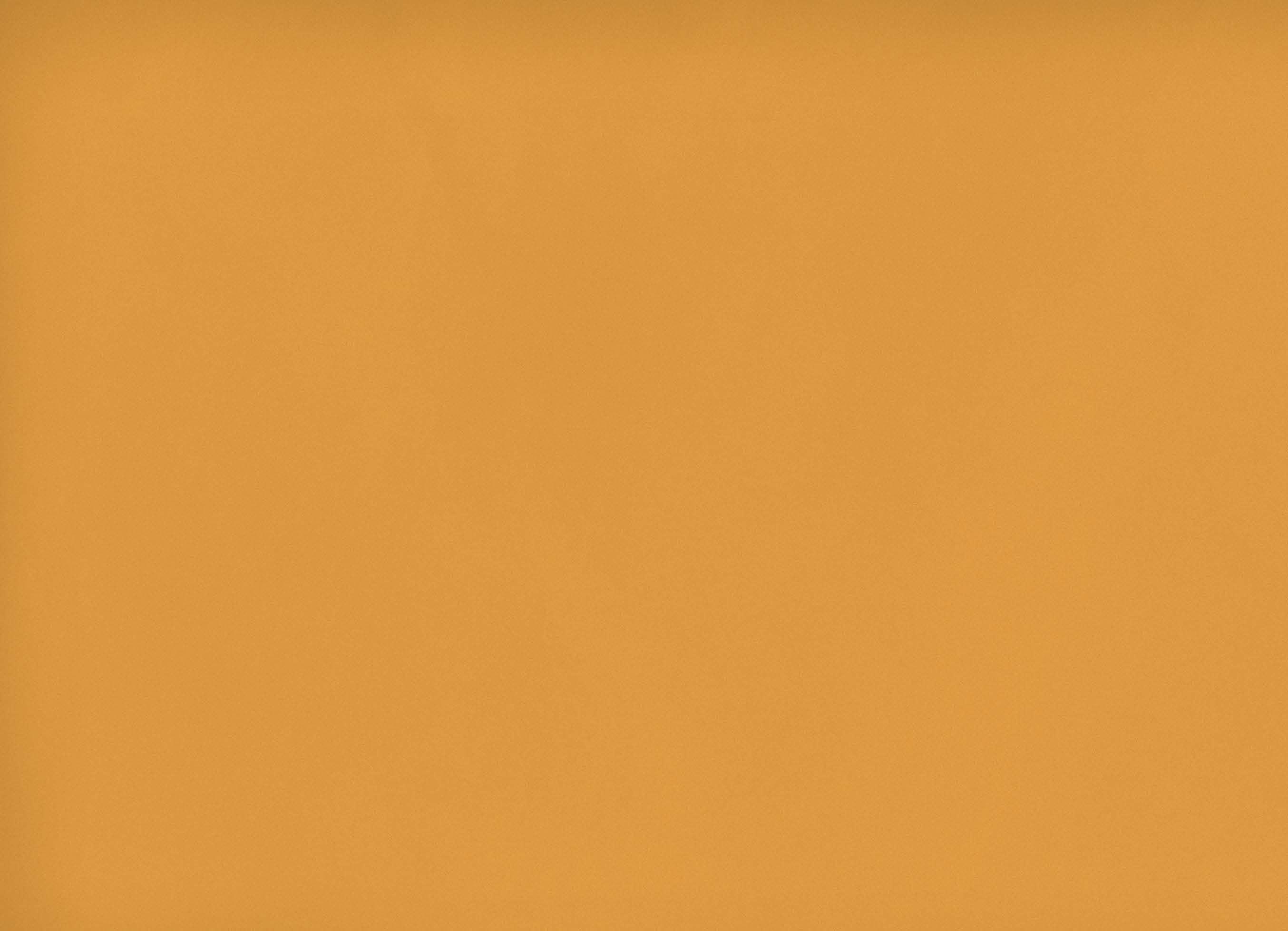
I shook my head, smiling.
“The problem is that we’re too ashamed to say these things. We’re
nobody’s fool. Well, I don’t mind being somebody’s fool—it’s always the
fool who speaks truth nobody else can bring themselves to say, is it not?
People intentionally forget that life’s short, especially, it seems, when
death is staring them in the face every day. You know what you tell the
next kid who asks you about the praying picture? You tell him exactly
what you told me—tell him the figure is dancing. Start there.”
